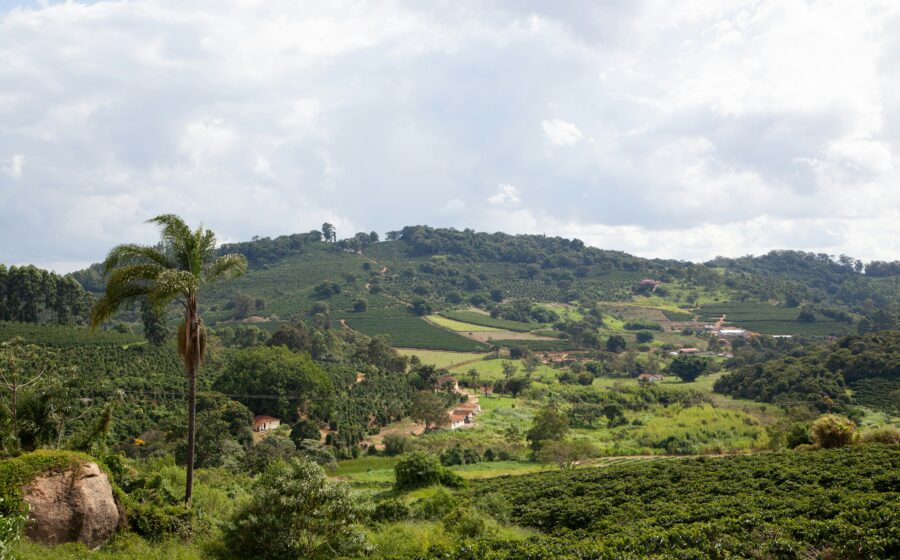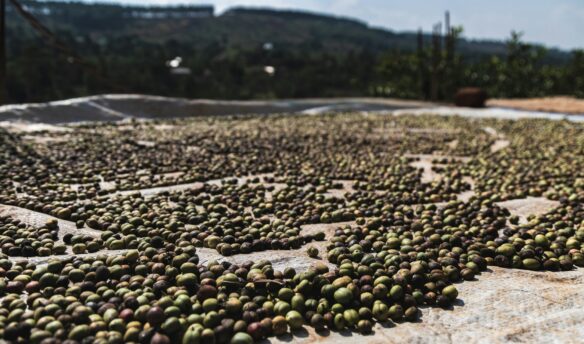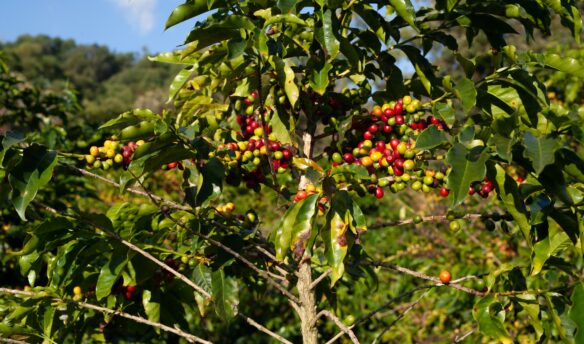✉️ This story was featured in this week’s Coffee News Club
👋 Get the Coffee News Club newsletter in your inbox weekly—sign up.
Brazil is the world’s largest coffee producer, and much of that coffee ends up in the United States. Now, Ephrat Livni for the New York Times reports that two advocacy groups have filed a pair of legal challenges, alleging that some of the Brazilian coffee purchased by large U.S. brands is produced using forced labor and human trafficking.
A group called the International Rights Advocates (IRA) filed a federal lawsuit against Starbucks on behalf of eight Brazilian workers, alleging that they were trafficked and forced to work in “slavery-like conditions” on farms within the coffee giant’s supply chain.
The suit seeks to gain class action certification to represent thousands of workers that, IRA claims, have worked under similar conditions on farms affiliated with Cooxupé, Brazil’s largest cooperative and a Starbucks supplier. There are over 300,000 coffee farms in Brazil and more than 18,000 within Cooxupé’s supplier network.
“Starbucks needs to be accountable,” Terry Collingsworth, founder of IRA, told Livni. “There is a massive trafficking and forced labor system in Brazil,” from which Starbucks benefits, Collingsworth said. Starbucks denied the allegations.
Investigators have found similar issues on Starbucks-linked farms in Brazil, Guatemala, and China in recent years.
In a separate filing, the nonprofit Coffee Watch petitioned the U.S. Customs and Border Protection (CBP) to block coffee imports from Brazil from brands including Starbucks, Nestlé, Jacob Douwe Egberts, Dunkin, Illy, and McDonald’s. The group wants CBP to invoke Section 307 of the Tariff Act, which prohibits importing products linked to forced labor.
“Every time consumers pay inflated prices for their daily coffee, they unknowingly support a system that violates the most basic human rights that Americans hold dear,” Etelle Higonnet, founder and director of Coffee Watch, said in a statement. “Companies making billions in profits have had decades to fix this problem but have chosen profit over people.”
Read the full story from the New York Times here.















